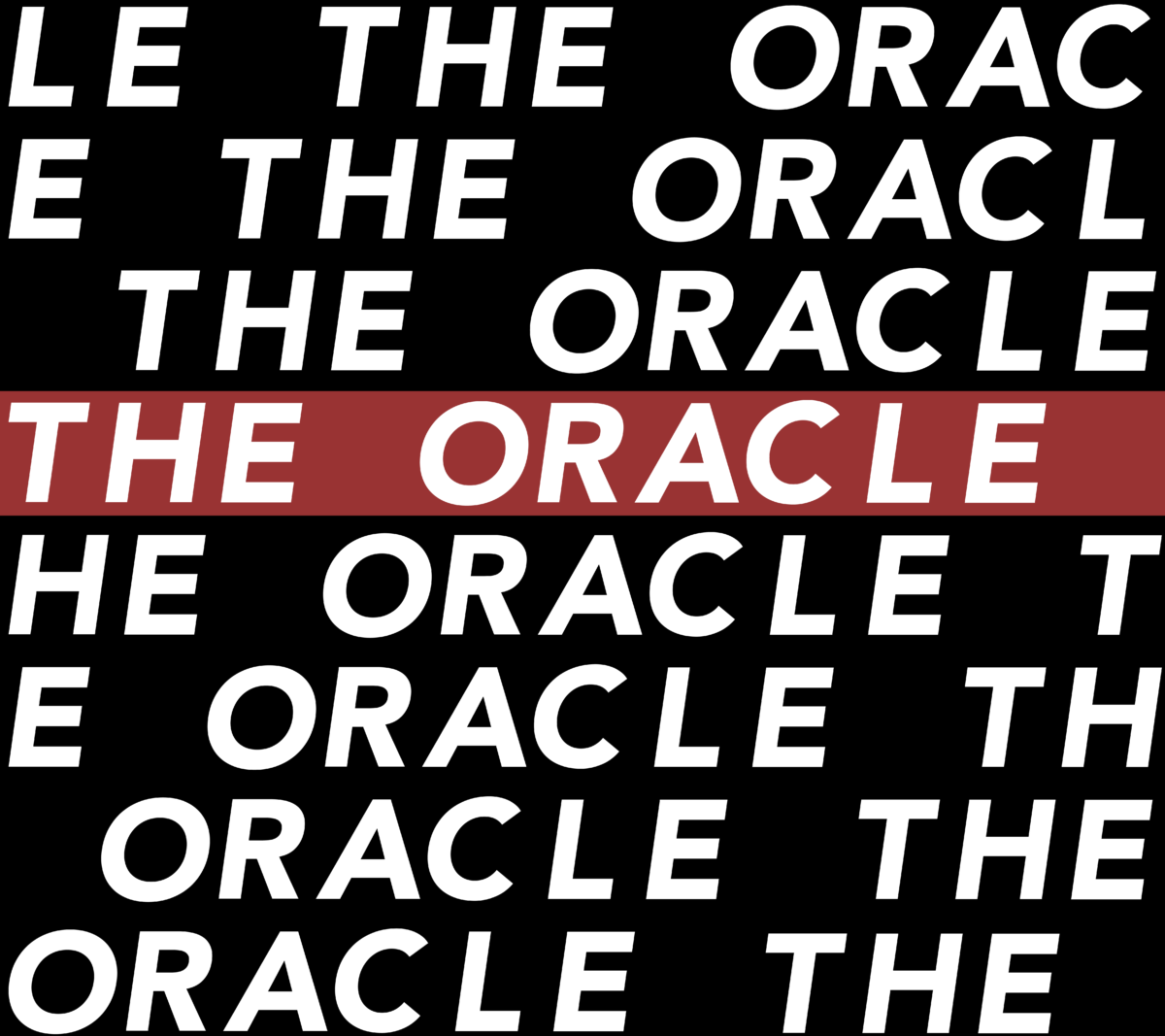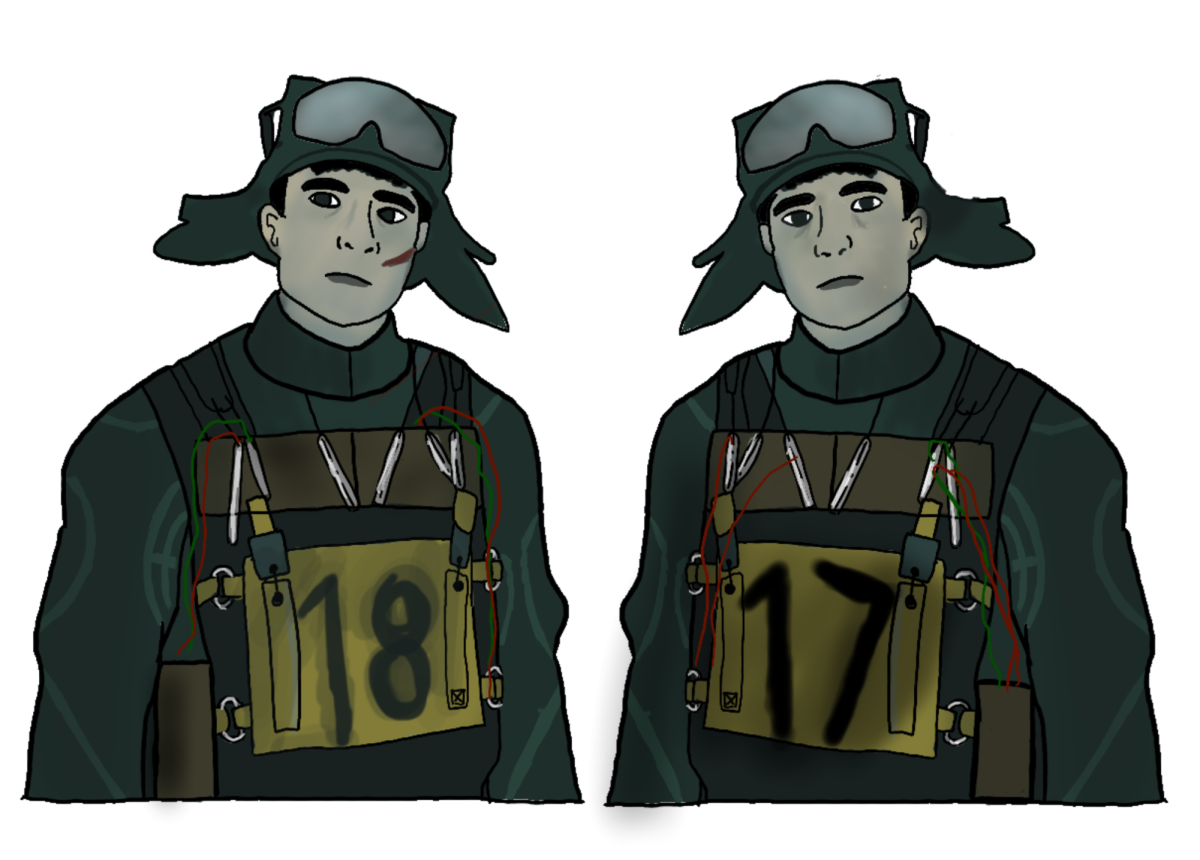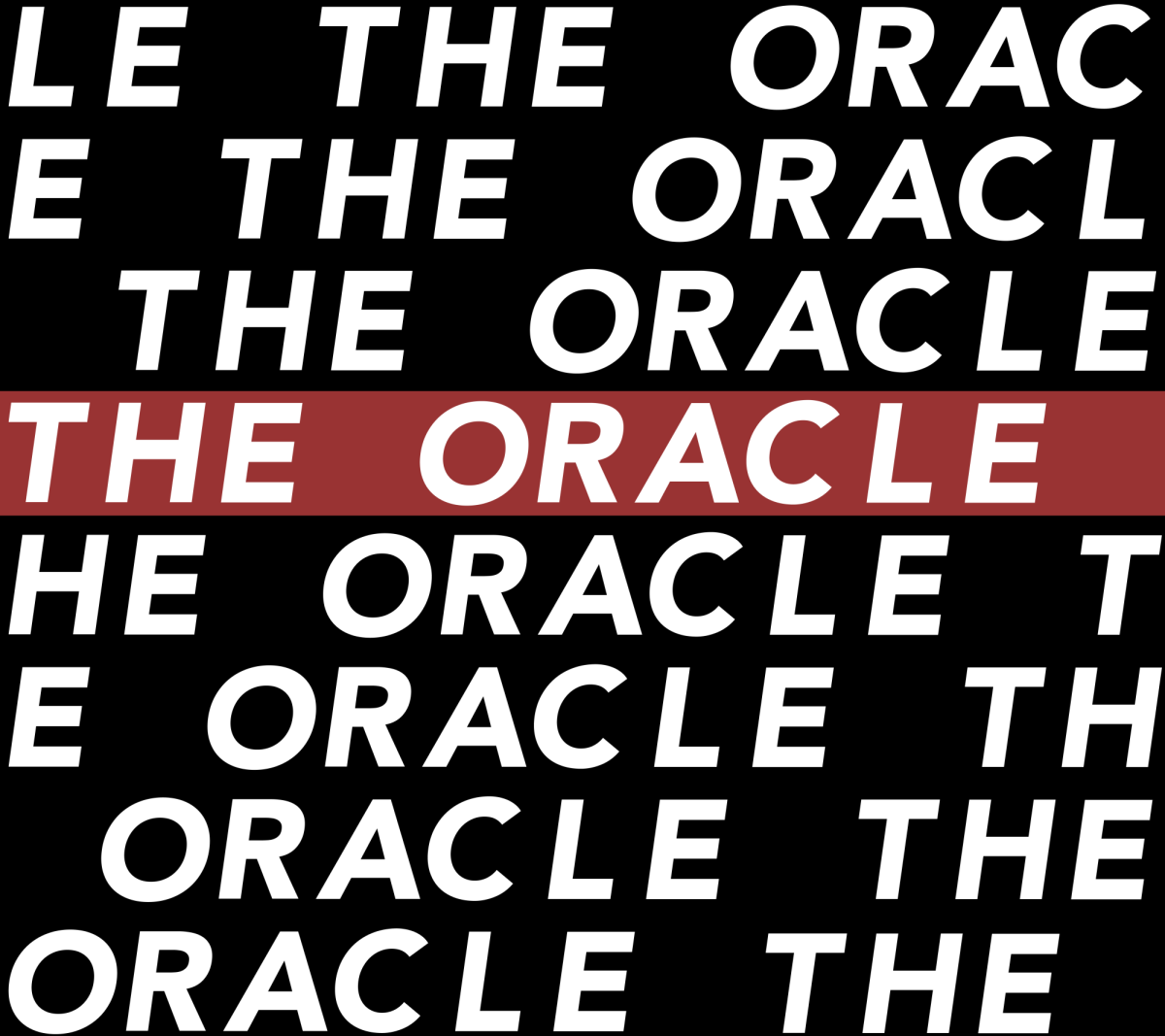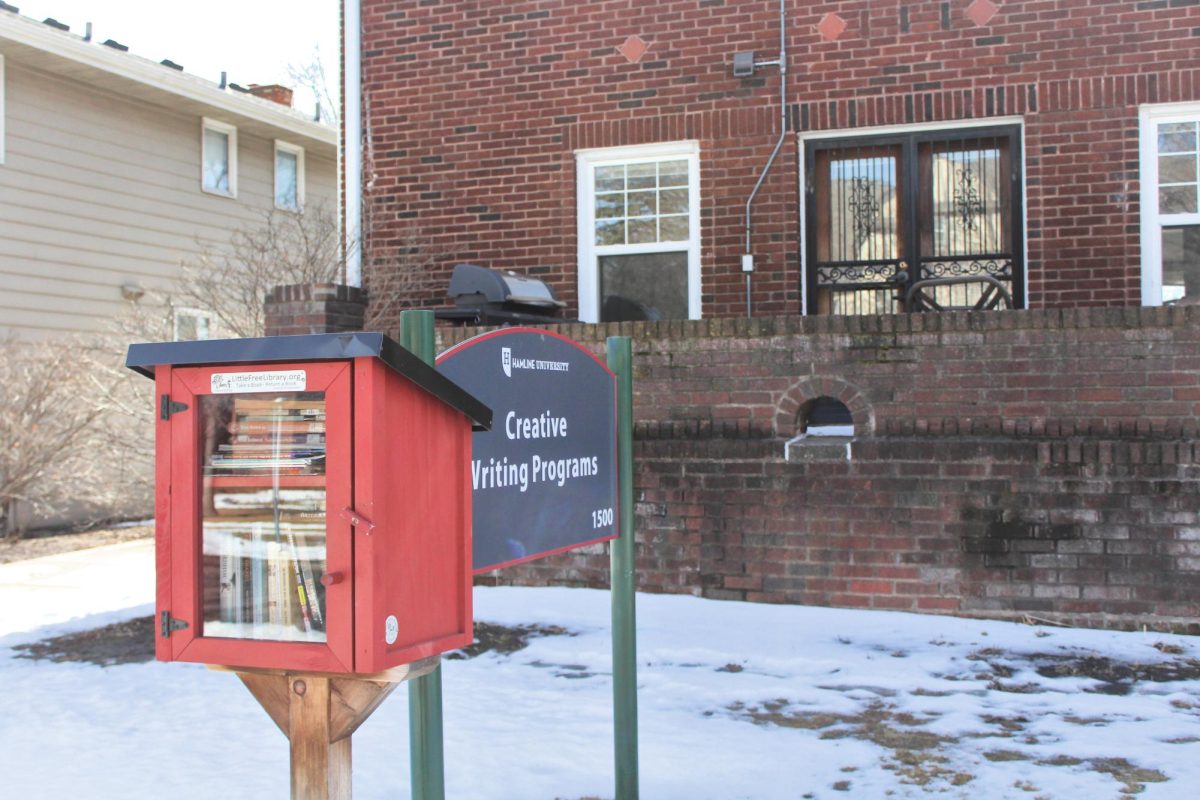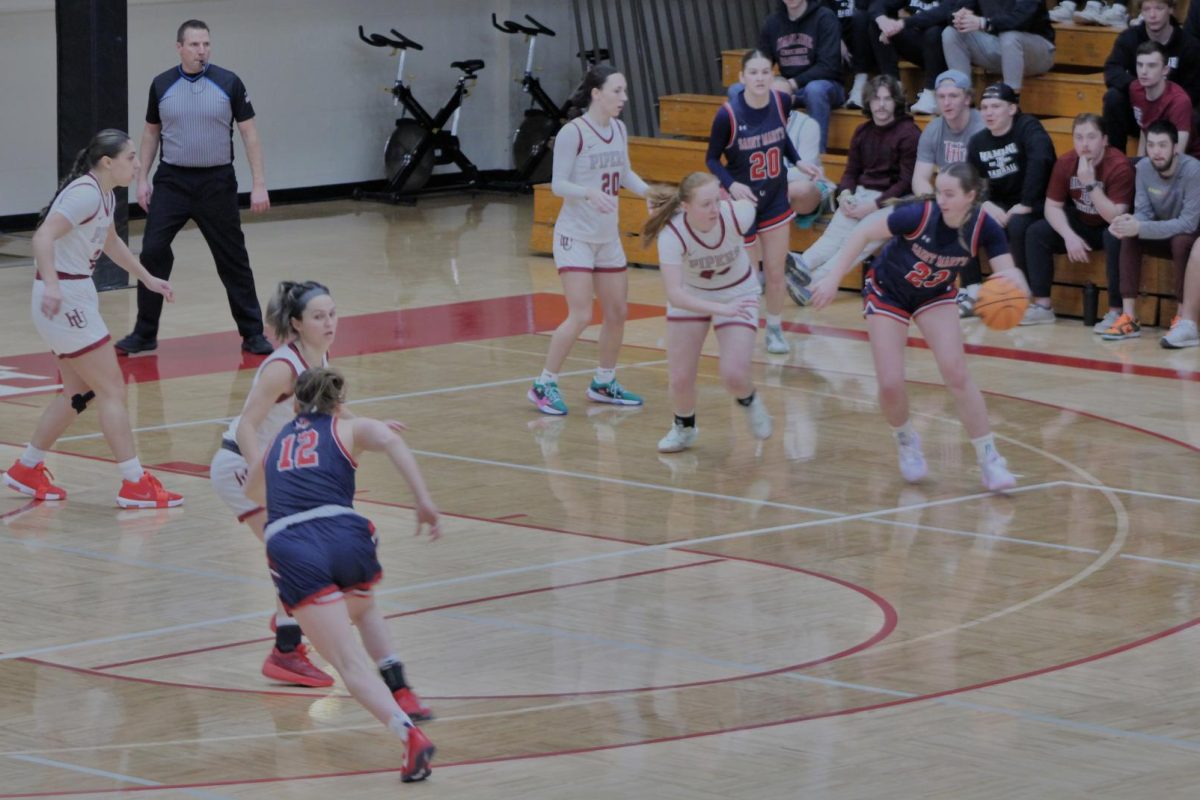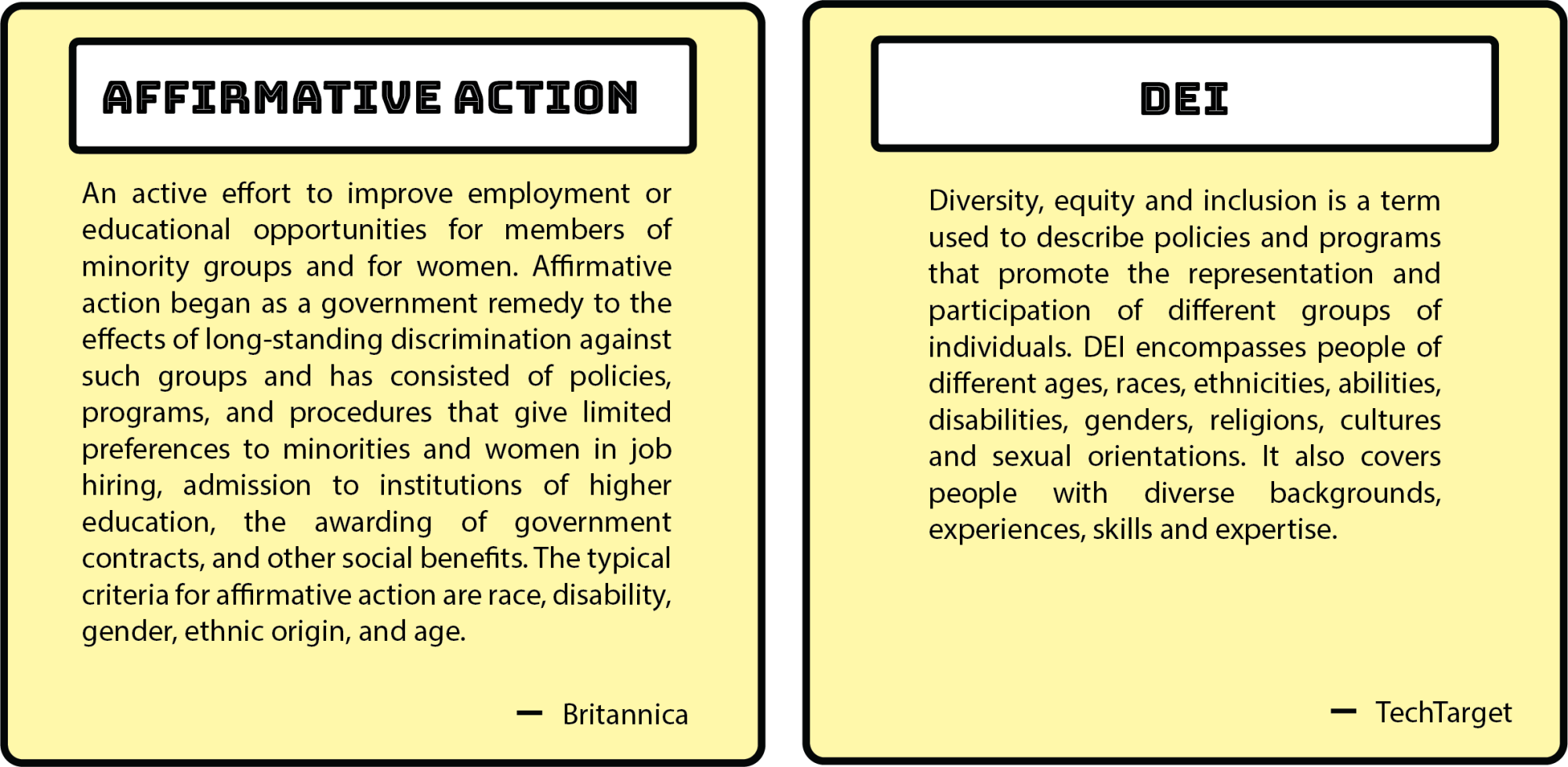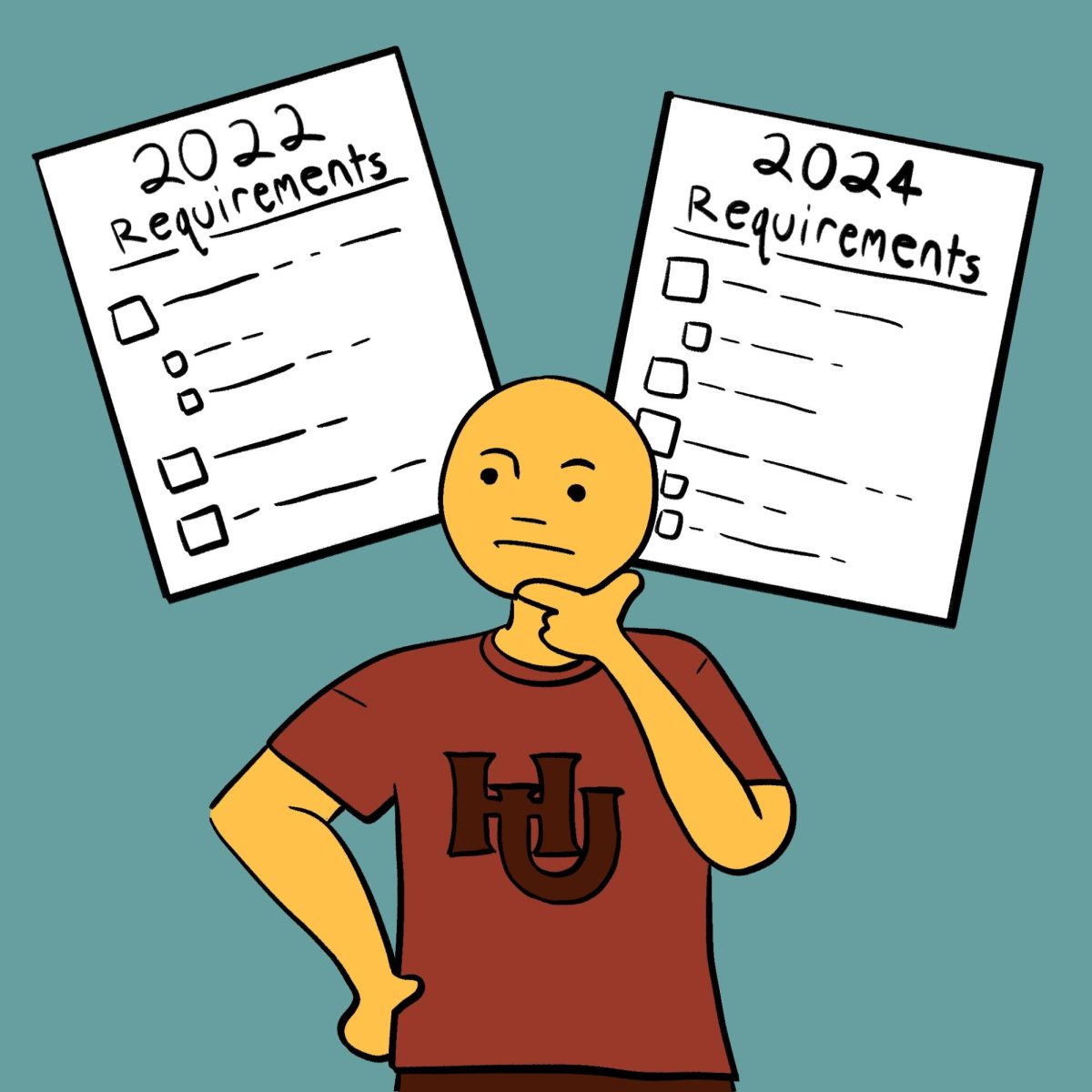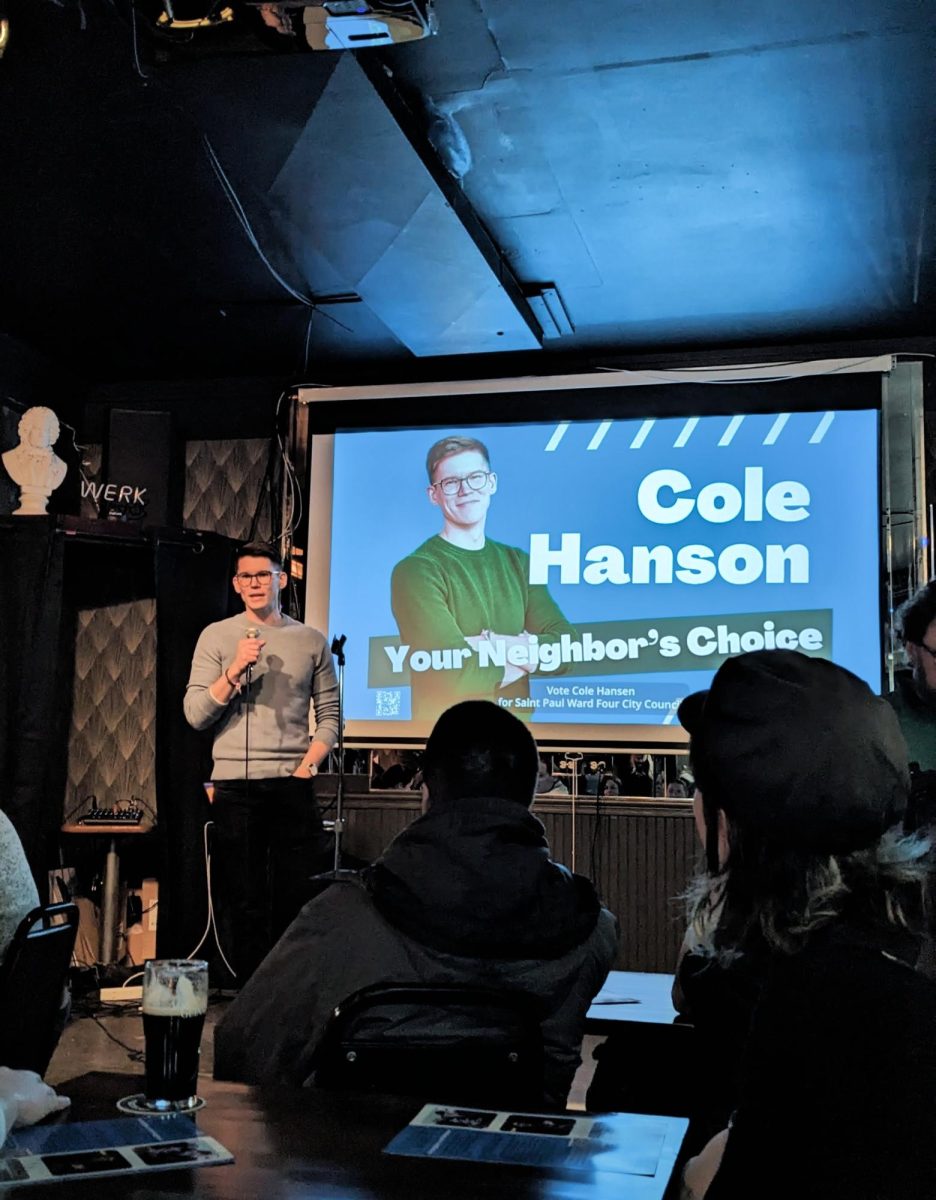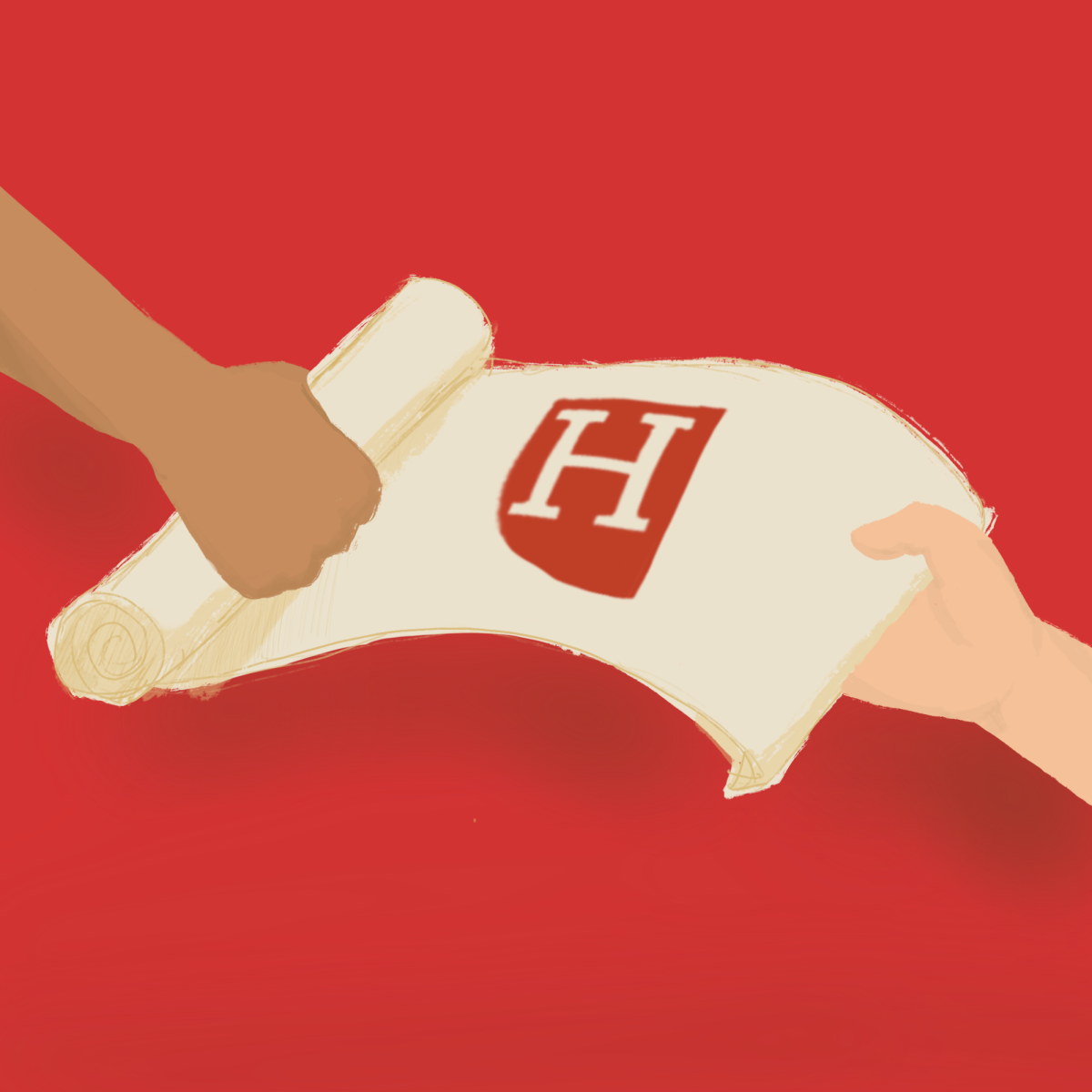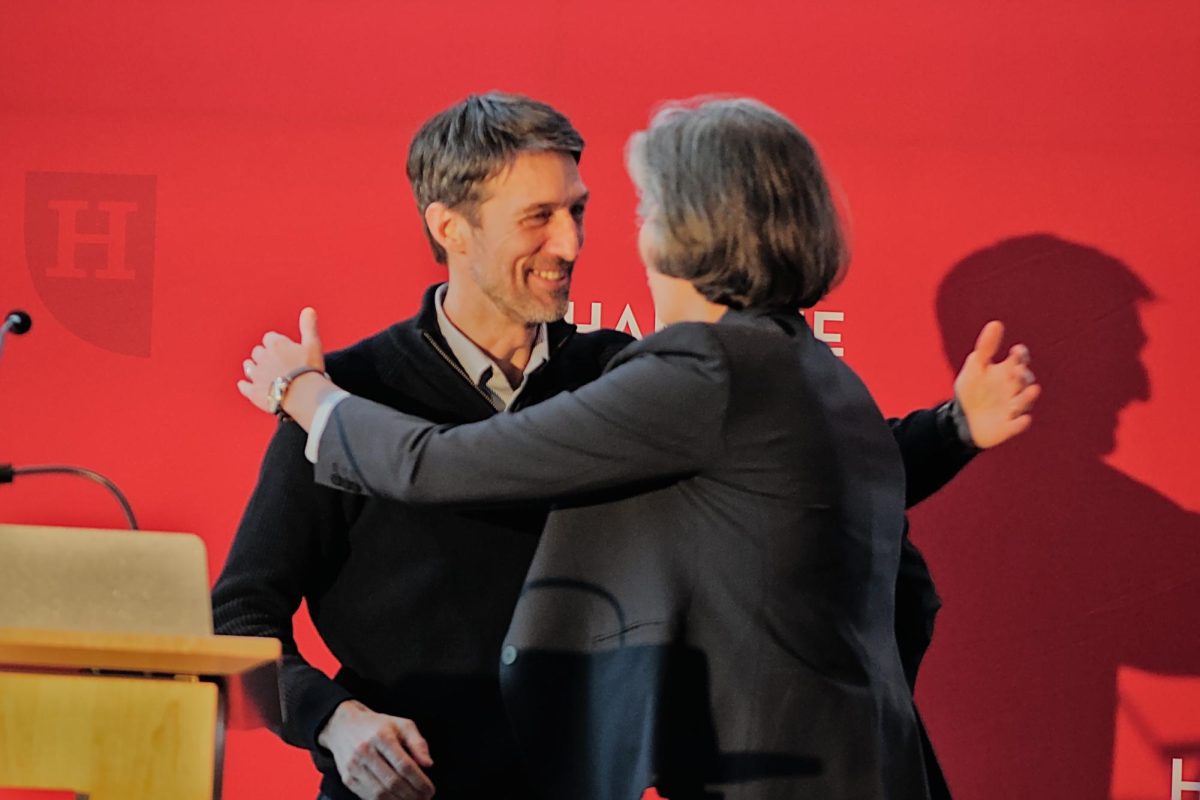An ordinance banning smoking in certain city areas was approved by the St. Paul City Council Wednesday following weeks of amendments and delays.
Despite the opposition of Councilmembers Nelsie Yang, Russel Balenger and Mitra Jalali, the smoking ban was approved 4-3.
The legislation mandates a smoking ban in enclosed public spaces, parks and within a 25-foot radius of places of employment, including bars, restaurants, and workplaces. This ban includes vaping, lit cigarettes, rolled cannabis, cigars, pipes and electronic smoking devices. Notably, there are certain exceptions to the law, such as smoking within designated smoking areas or for the use of tobacco in Native American cultural practices.
Support and criticism have surrounded this progressive step, which has sparked discussions about individual rights, public health and the role of government in regulating personal conduct.
St. Paul City Council member Chris Tolbert proposed the ban weeks ago and explained that the ordinance provides the clarity needed following the recent legalization of marijuana in Minnesota. Anti-tobacco advocates have fought to ban smoking in bars, restaurants, offices, parks and playgrounds for decades.
Public health protection is the primary motivation behind this smoking ban. There is no denying that smoking is a well-established risk factor for various health problems. These include heart disease, lung cancer and respiratory disorders. A healthier environment for residents can be created by eliminating exposure to passive smoking in public spaces.
However, it seems smoking bans restrict personal freedoms and are an overreach of government. Those who advocate for individual liberties say adults should be able to make informed choices about their health, including whether to smoke. Putting a blanket ban on smoking in public burdens these personal choices and sets a troubling precedent for extensive government intervention.
It is also argued that the smoking ban represents an overreach by the government. A striking balance must be made between protecting public health and respecting individual rights, which is undoubtedly within the government’s mandate. By outlawing smoking in St. Paul, the government could set a dangerous precedent for regulating other behaviors to benefit public health, putting government control over individual rights.
Rigorous smoking ban enforcement may also result in heightened interactions between the police and the public. When officers are responsible for upholding non-smoking rules in public areas, there is a potential for more clashes or miscommunications between law enforcement and civilians.
In certain instances, there could be worries about uneven policing within particular communities or regions. If enforcing a smoking ban leans towards more rigorous measures in low-income or historically marginalized neighborhoods, it might foster perceptions of bias and, in turn, increase the likelihood of unfavorable encounters with law enforcement.
The allocation of police resources to enforce smoking bans might divert their attention from addressing more pressing matters, potentially worsening concerns related to crime and safety in other areas. This reallocation of resources can indirectly influence overall public safety.
Therefore, policies such as smoking bans must be implemented thoughtfully and keenly aware of their potential impact on police interactions with the public, emphasizing minimizing adverse consequences.
It is undoubtedly well-intentioned for St. Paul to ban smoking to promote public health and create a healthier environment. Yet, the city must also consider the potential threat of government overreach, the potential for increased police brutality and the potential for infringements on personal freedoms.
Despite valid arguments supporting such a ban, alternative measures that respect individual choices and address public health concerns should be considered. The key to discussing this significant policy change is to balance the communities’ general well-being and the freedom of individual choice.
Saint Paul takes a stand against public cannabis use
In a 4–3 decision, the City
Council has voted to uphold
proposed public smoking bans
after considerable amendments.
Rea Clark, Reporter
October 4, 2023
Categories:
Story continues below advertisement
0
More to Discover

